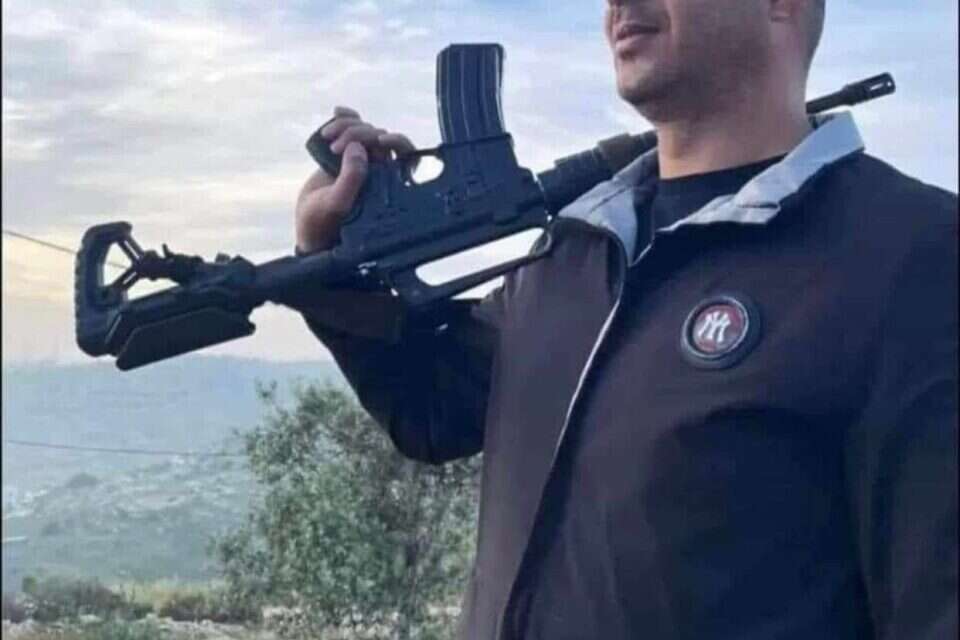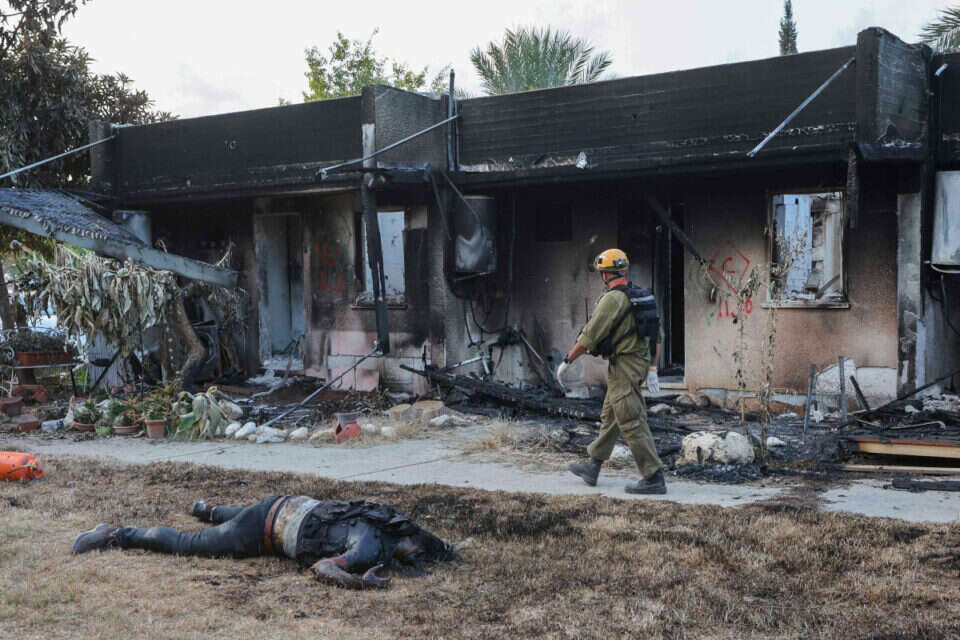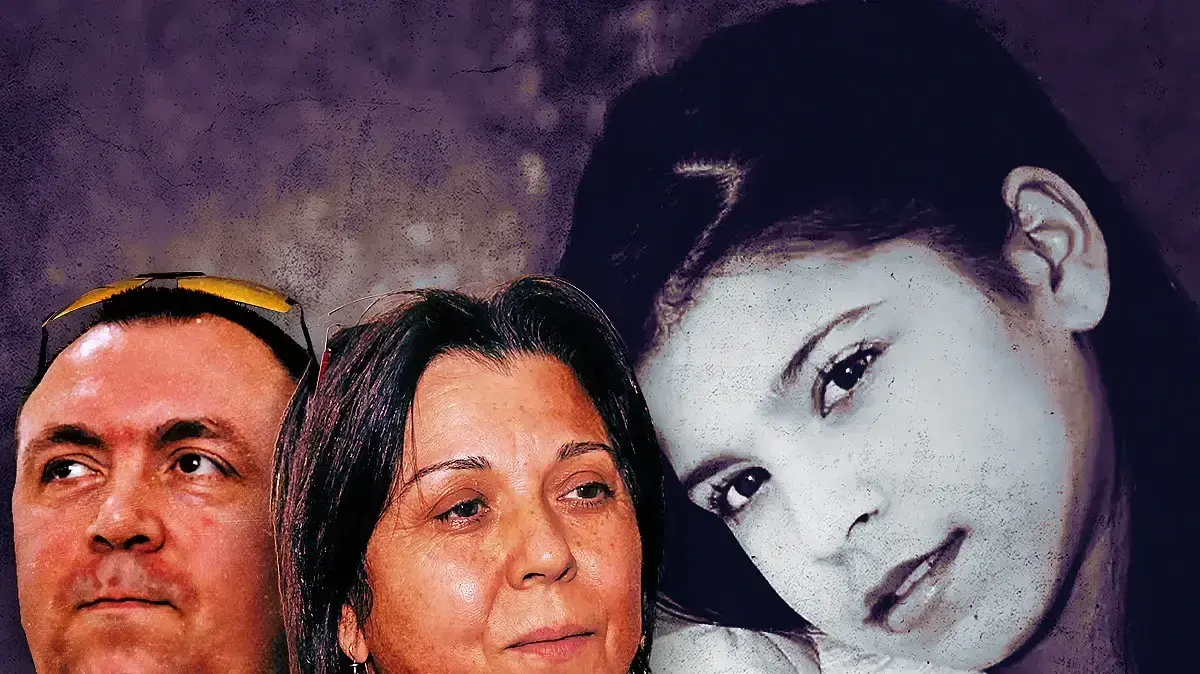The State of Israel has been in a position of extortion over the issue of prisoners and martyrs for many years.
The times she managed to formulate a deal, she had to pay a high price that included the release of many terrorists.
When she managed to get her hands on a "symbol" of resistance, she achieved a much more sensible deal.
The death of the terrorist Zbeidi is an opportunity to change the equation and turn blackmailers into blackmailers.
It is true that Hadar Goldin was buried, but most of his body is being held by Hamas.
It is true that Israel declared Oron Shaul as an IDF casualty whose burial place is unknown, but it is estimated that his remains are being held by Hamas alongside two other civilians.
In Operation Eitan, the IDF tried to learn from mistakes made in the abduction of Goldwasser and Regev in 2006, through a quick declaration of Shaul and Goldin as martyrs. In Israel, they hoped that the declaration would reduce the price and allow for more convenient negotiations.
But too soon, Israel released the bodies of terrorists and detainees from the operation, giving up additional assets in its possession to pressure Hamas, and thus slowly found itself squeezed again.
The question of redemption of prisoners began in the days after the Bar Kochba revolt, when the Jews sought to redeem those who had been captured by the Romans.
The Mishnah states: "There is no podin the captive over to the image of them, from the correction of the world."
That is, it should be redeemed only at a reasonable price.
This raises the questions: What is the reasonable price?
And is there a different price for the body and the soldier who are still alive?
The equation is complicated, not only in the halakhic aspect but also in the aspect of social responsibility and state responsibility.
Where does the border go where the state has to say that it cannot bear the price, and that it is too high?
Reservist Avraham Amram was released after nearly a year in captivity by Ahmad Jibril's organization, in exchange for 76 terrorists, including Rima Tannus, hijackers of a Sabana plane.
Another deal took place around the body of cruiser Itamar Ilya.
His body was replaced by dozens of terrorists - including the body of Hadi Nasrallah, the son of Hezbollah's secretary general. Chai, Elhanan Tenenbaum.
Another deal with Hezbollah took place in 2008, in which Samir Kuntar and four other terrorists were released and 199 bodies of terrorists were transferred, in exchange for the bodies of Ehud Goldwasser and Eldad Regev.
Security prisoner Zakaria Zbeidi, Photo: Reuters
Gilad Shalit after his release, Photo: Avi Ohayon - GPO
Gilad Shalit was released against 1,027 terrorists, two years earlier 20 terrorists were released in exchange for a video showing Shalit.
Azzam Azzam was released from Egyptian prison in exchange for six terrorists, Egyptian students, some from respectable families.
True, there were other deals in the background, but to the left I mentioned here a clear picture emerges: the enemy has pressure levers, women, terrorists who have become symbols, family members of prisoners.
It seems that none of the cards below have been pressed by Israel so far.
Too quickly we released detainees and prisoners, too quickly we released symbols, living or dead.
It is not certain that we have gone through enough warts on the subject of prisoners.
True, it is not pleasant to turn the bowl upside down and be "suddenly" on the squeezing side, but for Israeli society and the leadership to internalize that more of the same will not bring about change on the other side.
Before us is an opportunity to change the equation, the terrorist Zabeidi killed in Jenin could be a turning point.
We will hold his body, and henceforth any body that has value, rich relatives or relatives holding key positions.
It is possible for the other side to understand that something has changed in us, that we are tired of being blackmailed.
"Responding to the public demand to release them 'at any cost' could cause damage to the overarching goal, for which they were sent to the front in the first place and for which their comrades fell in battle: fortifying state security," Avi Sagi and her friend Stern wrote.
Is "at any cost" just a "payment" of a number of liberated people, or is it also possible to rate their quality according to their class and family affiliation?
The author is Lt. Col. Res., Head of the Efrat local council and a lecturer in public policy.
Were we wrong?
Fixed!
If you found an error in the article, we'll be happy for you to share it with us









